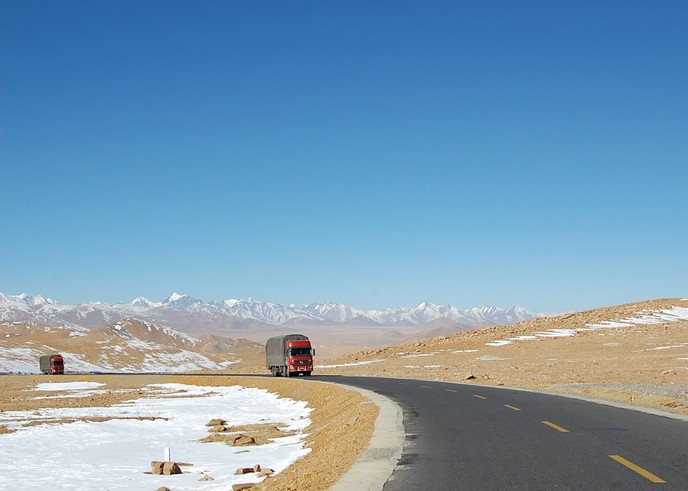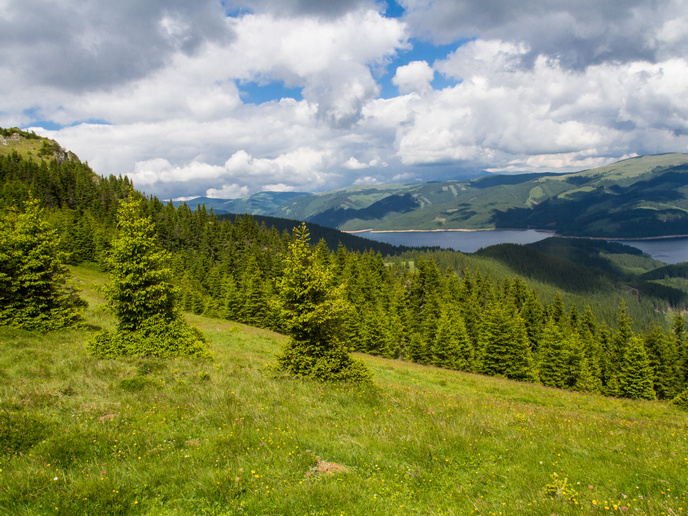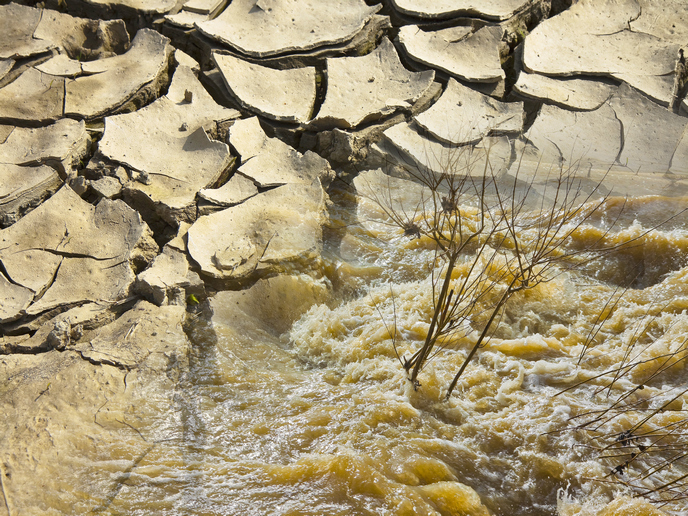How infrastructure, mobility and politics in modern-day Asia have an influence on Europe
Bridging awareness of the geopolitical drivers and social impacts of rural road development in Asia’s rugged highland areas is a pressing challenge for this century. Territorial conflict between China and India has complicated bilateral connections for decades. However, mutual economic, political and social interests have facilitated new development interventions across the Himalayas. It’s important to understand what happens in these remote frontiers and their significance in the world. The EU-funded Road Diplomacy project analysed and mapped the development of road infrastructure systems throughout politically sensitive and rapidly transforming regions of Asia’s highlands. The focus was between China and South Asian countries such as Bhutan, India, Nepal and Pakistan. It investigated the geopolitical drivers and social impacts of road construction to work out the interrelated geopolitical and social impacts of infrastructure development on villages and countries as well as around the world.
Infrastructure development changes lives
Project researchers produced new empirical data on infrastructure development in 21st century Asia to generate an informed perspective on the social and geopolitical impacts of infrastructure development in the region. They also proposed a framework to better understand how similar processes operate in other global regions. “This is all of great importance today, particularly with respect to the rise of China as a global development and economic actor and leader of international finance and infrastructure investment,” explains Marie Skłodowska-Curie Actions fellow Galen Murton, whose forthcoming book reveals how road planning, construction and use both reinforce and disrupt social, political and economic relations. “Roads change lives,” he adds. The team addressed questions concerning sustainable livelihoods in a global hotspot that is rapidly transitioning into a new zone for international exchange. This included a critical cartography of trans-Himalayan road networks and rigorous theoretical and analytical training on infrastructure development with Chinese features for new conceptual frameworks on road diplomacy and inter-Asian interconnectivity.
Critical, interdisciplinary lens on global relations
In addition, Road Diplomacy developed a more active and robust research network of road studies and infrastructure scholars in Europe, Asia and North America. Murton fostered close collaborations with six international research teams. Results generated by the project have been used to improve interdisciplinary communications for social scientists and between development practitioners, donor agencies, policymakers and local stakeholders. Outputs have also helped to bridge the sectors of academia and development. “Specialised understanding of the geopolitics and social impacts of development in 21st century Asia is highly transferable and supports ongoing expert analysis for non-profit organisations, policymakers and donor agencies based in Europe, Asia and North America,” concludes Murton. “Road Diplomacy delivered new geographic insight that bridges international relations and anthropology and brings new knowledge to bear on contemporary studies of Asian geopolitics, international economics and global development.”
Keywords
Road Diplomacy, road, Asia, infrastructure, China, geopolitical, highland, India, international relations







